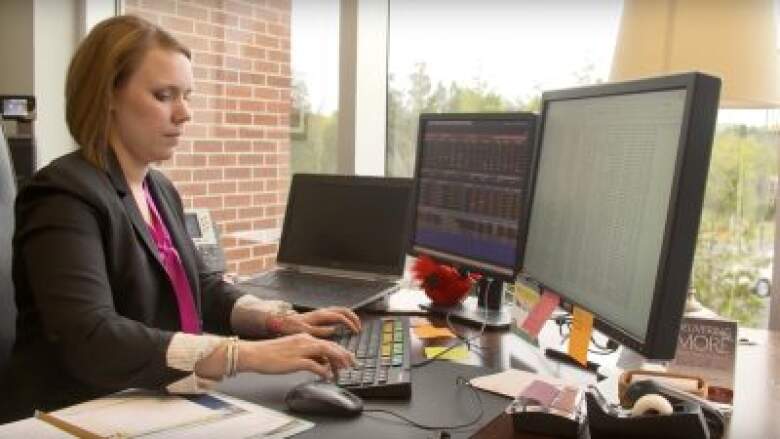Perspectives
Buyer beware: Not all online graduate programs are created equal

Some online master’s programs are just as rich and rigorous as their traditional, campus-based counterparts. Some, though, are bare-bones programs that often seem more like an afterthought than a carefully designed learning experience.
>> Take the online-program evaluation quiz to analyze your options.
Bank VP Leanne Fredericks shares why the online format is a perfect fit for working professionals.
How can you tell the difference before you risk your tuition money and your time? Here are 10 factors that can help you distinguish between high-quality online degrees and the rest.
- Institutional reputation. Simply put, institutional reputation is what other informed people think of the university you’re considering and the degree program specifically. Is the program directly connected to a well-known, world-class institution? Have major companies flagged the university as a top-tier, or preferred, school in their recruiting efforts? Does the university show up in higher education rankings, such as those published by U.S. News & World Report?
- Accreditation. Colleges and universities are regularly reviewed in a rigorous process called accreditation. While accreditation doesn’t guarantee a school is “the best,” checking for accreditation can help you steer clear of low-quality programs.
- Recruiting opportunities and career support. Chances are you’re pursuing an online master’s degree to get ahead in your career. A good program will help you take that next step after graduation. This might include résumé advice, coaching on your interviewing skills, connecting you with recruiters, or allowing you to tap into a large, established alumni network.
- Faculty quality. Do the same faculty who teach in a school’s on-campus format also teach in its online format? If the answer is yes, that means teaching quality online is likely similar to the on-campus program.
- Curriculum quality and electives. Does the online program offer substantially the same set of classes, including electives, as its on-campus counterpart? If so, that’s a sign that the online format is focused on providing a rigorous curriculum.
- Student quality. A major part of graduate school is the professional relationships and friendships you form with classmates. By considering admission standards and the profile of a typical online student, you can assess the quality of the other students you’ll be interacting with as well as the alumni group you’ll ultimately join.
- Live immersion. Although relationships can be formed online, it’s easier and faster to form them offline first. The best online degree programs usually offer an in-person experience where you meet your new classmates.
- Global immersion. Global business experience is no longer a “nice to have.” International business is a factor at every level of the economy — even local, small businesses. A global immersion provides first-hand exposure to international commerce.
- Face-to-face live classes. When reviewing online programs, make sure you try the online teaching software, or at least see it in action. There’s a big difference between live classes and recorded lectures. There’s also a big difference between typing messages in chat software and being able to see and hear classmates and instructors speaking live.
- Production value and technology. Some software’s easy to use, some isn’t. If your school’s online instructional software makes you feel like you need a computer science degree to participate in a class, you should consider other options.
Now that you know what a good online master’s program can deliver – how do the programs you’re considering stack up? Take our short evaluation quiz to analyze the programs you’re considering and the decision you need to make.
I’m interested!
Complete the fields below. Fields marked with “*” are required.
